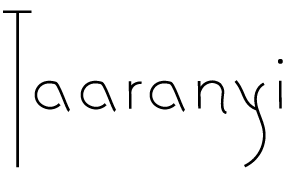
"SPIRITUAL" COLLECTION
Tribute to Gabon, Cameroon & Ghana, AW 2021-2022
"Bakwélé" silk scarf inspiration: the Kwele mask

Masks play a key role in the Kwele society, people found in Gabon and Congo. The "Bakwélé" silk square symbolizes a zoomorphic mask or antelope mask from Gabon. They appear during the "Bwètè", a ceremony during which the heads of each family, potential future village chiefs, in order to avoid any confrontation and promote social cohesion, go into the forest to hunt antelope, the flesh of which is accompanied by medicinal plants and served for the closing meals of the celebration. Scarcely worn, these masks adorn the dwellings throughout this ceremony, in order to attract beneficial forces and protect evil spirits. The antelope, in tradition and animism, represents spirits.
"Yemba" silk scarf inspiration: Ndop, a royal fabric

If it is a powerful, rich and lesser-known African fabric, the Ndop is the royal fabric and the secret societies of the Bamileke people of Cameroon. In its original form, it is an assembly of vertical cotton bands, indigo blue, whose geometric white patterns, transcribe various messages; blue being a symbol of the supernatural and of spirit powers. This ritual garment of secret societies, ceremonial attire of kings and notables, grave clothes enveloping the body of the latter, wearing the Ndop is not trivial.
The "Yemba" silk scarf is therefore a reinterpretation of this fabric, which, however, incorporates the codes that make it a unique fabric.
"Gye Nyame" silk scarf inspiration: an eponymous Adinkra symbol

The Adinkra are symbols originating from the Ashanti of Ghana representing adages, proverbs or spiritual concepts. Originally printed on clothes worn by kings during great ceremonies, the Adinkra symbols are now found on pottery, furniture, architectural elements ... Each symbol is a unique phrase or proverb. The silk square "Gye Nyame" uses this popular symbol which means "I fear no one except God". This reflects his omnipotence and the faith of the Ashanti people; Nyame being the God of the Akan (Ashanti ethnic group).
